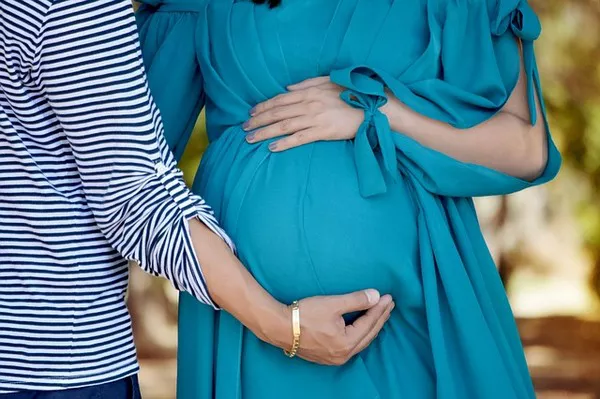A recent analysis has revealed a significant association between preeclampsia during pregnancy and an elevated risk of young-onset dementia, underscoring potential long-term health implications for affected individuals.
Study Overview and Findings
Conducted using data from the French Conception study, a large-scale nationwide prospective cohort involving over 1.9 million pregnancies, researchers followed mothers for an average of nine years postpartum. Key findings from the analysis include:
Prevalence and Risk: Approximately 3% of the mothers experienced preeclampsia, with 128 cases of young-onset dementia identified among participants.
Increased Risk: Preeclampsia was associated with a notable 2.65-fold increased risk of young-onset dementia, even after adjusting for factors such as obesity, diabetes, smoking, substance abuse, and social deprivation.
Gestational Timing Impact: The risk of young-onset dementia was particularly elevated when preeclampsia occurred before 34 weeks of gestation (hazard ratio [HR] of 4.15) or when it was superimposed on chronic hypertension (HR of 4.76).
Context and Previous Research
While prior studies have linked preeclampsia with vascular dementia, this analysis stands out as the first to highlight a heightened risk of early-onset dementia following preeclampsia. The findings suggest a potential pathway through which preeclampsia may contribute to long-term cognitive health issues in affected individuals.
Clinical Implications
Commenting on the implications of these findings, Stephen Tong, PhD, and Roxanne Hastie, PhD, from The University of Melbourne, Australia, emphasized that while the absolute risk of young-onset dementia remains low among individuals who have had preeclampsia, attention to long-term vascular health is crucial. They suggest that adopting a healthy lifestyle post-preeclampsia episode may mitigate the risk of developing common chronic health conditions.
Study Details and Limitations
The study, led by Valérie Olié, PhD, from Santé Publique France, Saint-Maurice, France, relied on hospital records to identify dementia cases, which may have led to potential underestimations. The research was supported by funding from the French Hypertension Society, the French Hypertension Research Foundation, and the French Cardiology Federation. Disclosures included personal fees from pharmaceutical companies by a coauthor involved in the study.
Conclusion
This research underscores the importance of further investigating the link between preeclampsia and young-onset dementia to inform preventive strategies and enhance post-pregnancy care for women affected by this hypertensive disorder. The study, published online in JAMA Network Open on May 30, 2024, marks a significant step in understanding the broader implications of preeclampsia beyond pregnancy-related complications.


